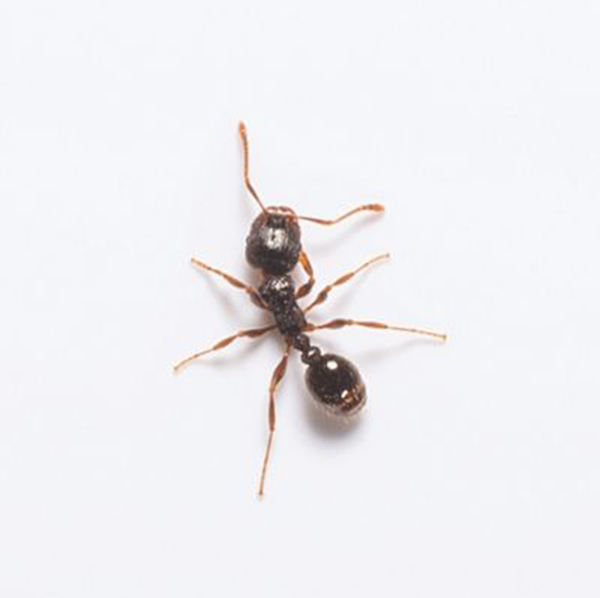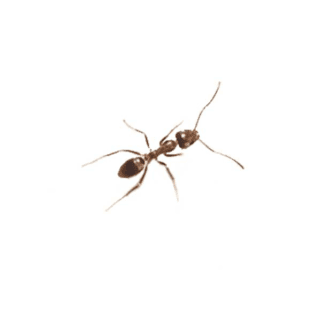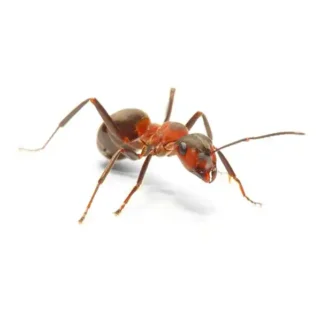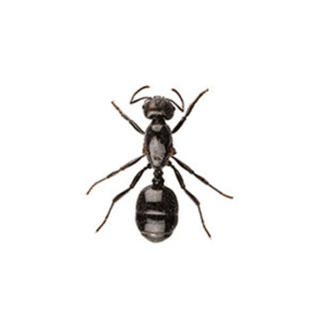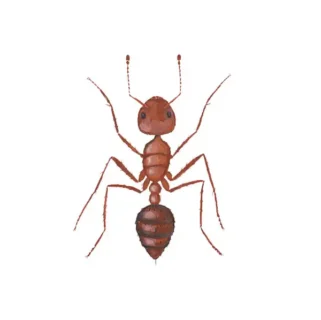Pavement Ants in Jacksonville FL
Pavement ants construct nests beside and under sidewalks, driveways, and foundations. In the Jacksonville FL area, pavement ants feed on meat, grease, dead insects, seeds, and sweets. However, their favorite food is the honeydew produced by aphids and mealybugs. Swarms from mature pavement ant colonies occur in the spring but may occur continuously if the nest is located indoors. Ant swarmers are sometimes confused with termites and cause unsightly issues when swarming in commercial buildings. Since they build their nests in pavement, walkways, and sidewalks next to structures, they often make their way indoors in search of food.
Pavement Ant Habitat
Pavement ants move in slow deliberate motion and trails are often seen at night going to and from food sources. True to their name, pavement ants nest under or near sidewalks, slabs, and concrete, making urban habitats ideal due to the lack of vegetation. When building nests, they place any soil removed in a mound near their nesting site. These mounds are usually discovered on the surface of the ground or next to a patio or sidewalk. Inside homes, ants tend to be found in kitchen areas or the patio, establishing nests inside wall voids, insulation, or under flooring.
Pavement Ant Behaviors, Threats, or Dangers
Pavement ants can bite and sting, but they rarely bite humans. Considered a nuisance pest, pavement ants create unattractive piles of debris on driveways, sidewalks, and inside commercial buildings. Pavement ants contaminate food as they invade homes in large numbers. When nests aren’t treated in time, pavement ants will continue to spread throughout a home or business as they form new colonies. If you suspect a pavement ant infestation, consult a professional ant exterminator.
Need help with Pavement Ant control?

Leave your information below and we’ll be in touch with a FREE quote!
"*" indicates required fields
*During normal business hours. After hours calls will be returned the next business day.
